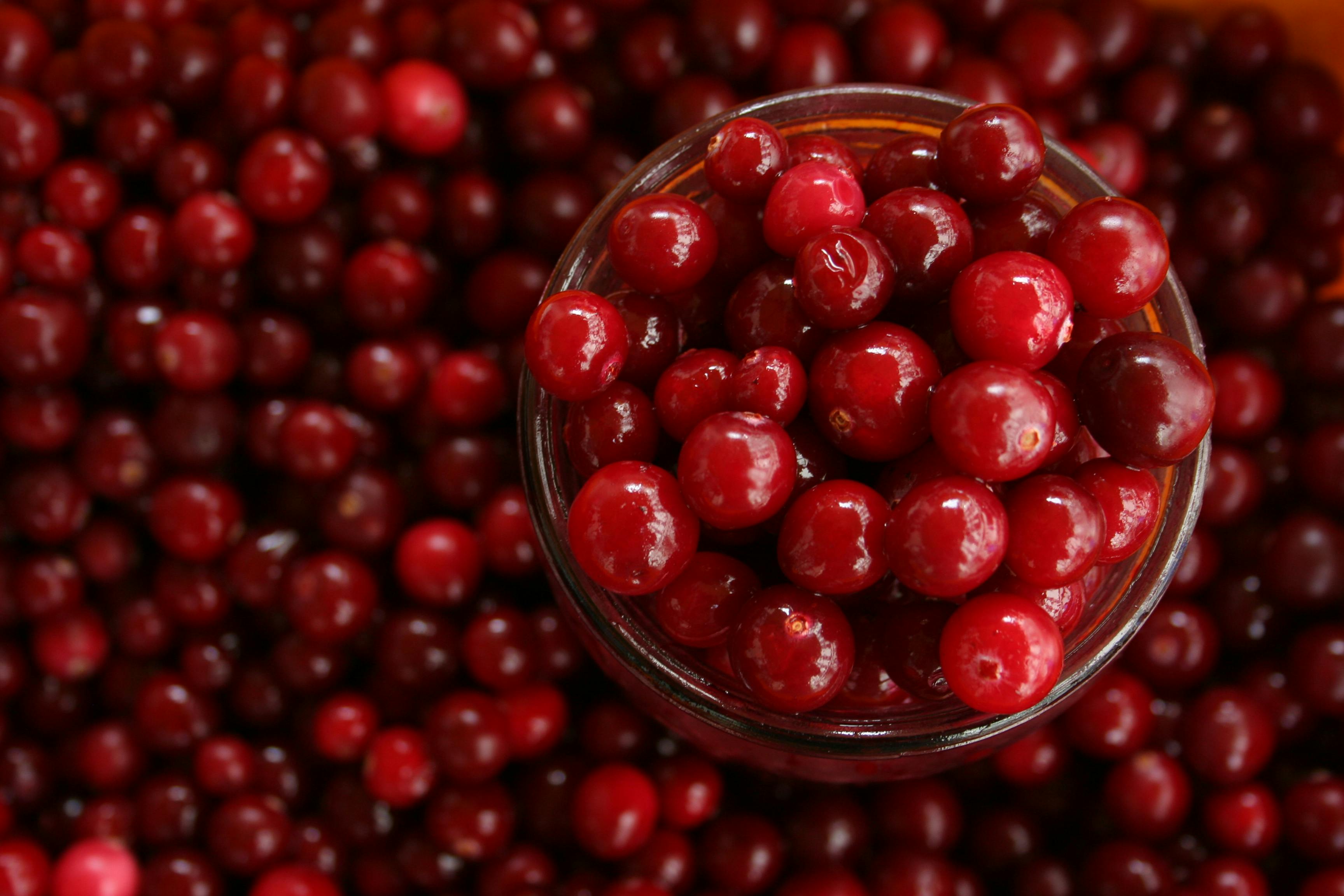
Essential Guide to 7-Day GERD Diet Plan for Effective Reflux Management in 2025
Understanding GERD and Its Dietary Implications
Gastroesophageal reflux disease, or GERD, affects millions of individuals globally, leading to symptoms such as heartburn and acid reflux. Managing these symptoms typically involves significant dietary modifications. This GERD diet plan provides a structured 7-day meal plan, emphasizing low-acid foods, lean proteins, and vegetables for GERD. By adopting this plan, you’re aiming to improve your digestive health and minimize symptoms through thoughtful meal timing and hydration.
Meal Timing and Mindful Eating for GERD
The timing of your meals can greatly influence GERD symptoms. To avoid discomfort, it’s recommended to practice mindful eating by spacing meals and allowing time for digestion before lying down. Incorporating fresh herbal teas, such as ginger tea, may provide soothing benefits post-meal. Additionally, eating smaller, balanced meals rather than large ones can help manage acid secretion and prevent symptoms. Notably, tracking your symptoms with a food diary allows for better understanding and management of personal reflux triggers, thus empowering you to make informed choices while following your 7-day meal plan.
Hydration and Its Role in Reflux Management
Staying hydrated is vital when adhering to a 7-day meal plan for GERD. Opting for water and herbal teas while avoiding carbonated drinks can significantly help. This hydration approach supports overall health and aids in the digestion of fiber-rich foods essential to your balanced diet. Incorporating adequate fluids will not only promote digestive fluctuation but also help to keep your esophagus lining healthy and reduce irritation from reflux episodes.
Creating Your 7-Day GERD Diet Plan
This section outlines a comprehensive 7-day meal plan filled with reflux-friendly recipes. Each day includes breakfast, lunch, dinner, and healthy snacks, suited to various tastes and tomato-free cooking methods to lessen risks associated with GERD. Emphasizing whole grains, non-citrus fruits, and plant-based options ensures a delicious yet health-conscious approach.
Sample Breakfast Ideas for GERD
Start your day right with reflux-friendly breakfast options. Consider oatmeal prepared with almond milk, topped with non-citrus fruits like bananas or blueberries. Another great option is scrambled eggs with spinach, a meal that incorporates lean proteins and packed with essential nutrients. Always remember to check packaging for low-fat dairy options that can add creaminess without causing heartburn.
Lunch Recipes to Soothe Symptoms
For lunch, a quinoa salad with steamed kale, diced turkey, and olive oil dressing can work wonders. This combination provides anti-inflammatory ingredients that help maintain digestive health. Alternatively, consider a low-sodium chicken soup without tomatoes, giving you warm comfort food that doesn’t irritate the esophagus.
Healthy Snacks and Dinner Plans
Healthy snacks play an essential role in a successful GERD diet plan. Choose healthy snacks consisting of raw nuts, carrots with hummus, or rice cakes with almond butter. These snacks not only curb hunger but are also digestive-friendly, contributing to lighter meals that facilitate easier digestion, align with your 7-day meal plan, and are devoid of reflux triggers.
Understanding Safe Fats and Portion Control
When planning dinner, it is crucial to prioritize safe fats from sources like avocado and olive oil. Meals should be nutrient-dense while practicing portion control to facilitate comfortable eating. Recipes like grilled salmon with asparagus or baked sweet potatoes with herbs ensure you’re following a nutritional balance that fits your GERD management.
Cooking Techniques and Meal Prep Ideas
To enhance digestion, focus on cooking techniques that minimize growth of harmful bacteria and maximize nutrient absorption. Avoid frying and go for baking, steaming, or sautéing with healthy cooking oils. This ensures meals remain nutrient-rich while being easy to prepare. Preparing meals in advance through thoughtful meal prep ideas can save you time and maintain adherence to your chosen dietary approach without temptation.
Summary of the 7-Day GERD Diet Plan
This 7-day diet plan emphasizes an empathetic approach to managing GERD symptoms through a tailored approach to meals. By focusing on slow digestion, hydration, and nutritious ingredients free of trigger foods, individuals can find significant relief. Remember that dietary adherence is key, and modifying meals according to personal preferences is encouraged to maintain a lifestyle that promotes overall health and wellness.
FAQ
1. How can I identify trigger foods for my GERD?
Understanding your unique triggers is crucial. Keeping a food diary can reveal patterns and specific foods that exacerbate symptoms. Common trigger foods include high-fat items, spicy dishes, and chocolate. Testing meal variations and personalizing your approach can aid in identifying food sensitivities.
2. Are there any fruits I can eat safely on a GERD diet?
Yes, many non-citrus fruits can be enjoyed, such as bananas, apples, and pears. Incorporating these can provide essential nutrients while still being gentle on your digestive system. Always introduce new varieties slowly to monitor for any adverse reactions.
3. What are some practical meal prep ideas for GERD management?
Focus on batching homemade meals, such as grain bowls with quinoa and assorted veggies, chicken casseroles, or smoothie packs with fiber-rich foods. These can be easily reheated and provide quick, healthy options when you’re in a rush.
4. How often should I consider eating to manage GERD symptoms?
It’s beneficial to eat smaller meals every 3-4 hours to avoid overwhelming your digestive system. This helps sustain energy levels while minimizing the production of stomach acid, reducing the risk of reflux.
5. Can the GERD diet help with weight management?
Absolutely, adhering to a balanced meals approach often naturally promotes healthy weight management. Combining nutrient-dense foods with mindful eating may aid in overall caloric control while prioritizing digestive health.
6. What role can probiotics play in GERD management?
Probiotics can contribute positively to gut health and may assist in improving digestion. Incorporating fermented foods or looking for probiotic supplements can offer additional support to your digestive system.
7. Is it advisable to incorporate portion control in my diet?
Yes, practicing portion control is essential for managing GERD symptoms. Eating smaller portions more frequently can prevent pressure on the stomach and lower the likelihood of reflux occurring.
By implementing these strategies, you'll nurture your digestive health, explore exciting meal preparations, and effectively manage GERD symptoms through a comprehensive diet plan for 2025.

